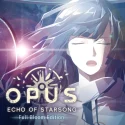Game: “OPUS Echo of Starsong”
OPUS: Echo of Starsong
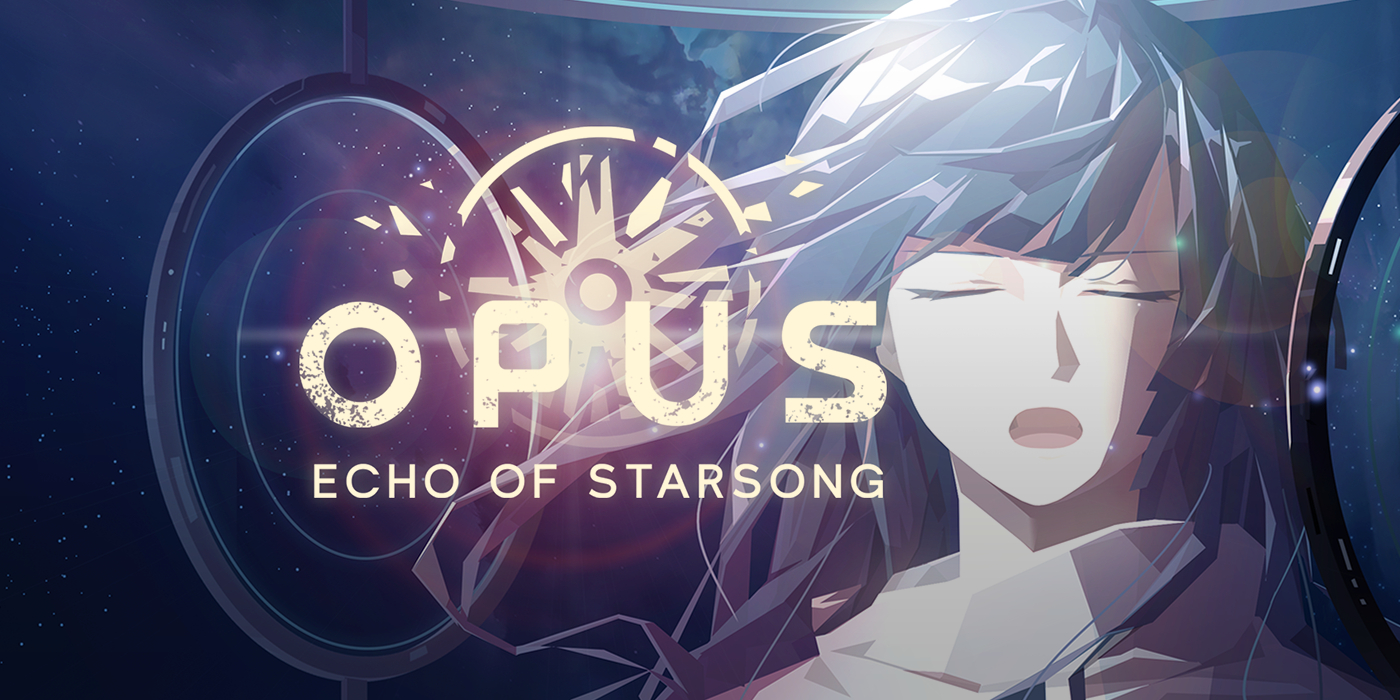

When it comes to anything in the space genre, there is always one question to ask, “Is it Star Wars or Star Trek?”. Games like Mass Effect and Destiny 2 are more weighted towards Wars; they are operatic space shooters where there is a clear good vs evil schtick and you zip through the galaxy trying to stop the bad guy. But what about games that focus on exploration and a more complicated story? Well that’s where OPUS: Echo of Starsong comes in.
At A Glance
| Scores | |
| Visuals | 6 /10 |
| Sound | 7 /10 |
| Gameplay | 4 /10 |
| Overall | 7/10 |
| Positives | +Utterly engaging story +Charming visuals +Nice voice acting |
| Negatives | -Useless random number elements -Basic puzzles -So. Much. Text. |
| Price (When Reviewed) | £22.49 |
| Our Playtime | 15 hours |
| Version Tested | 2.3 |
| Available On | Xbox Series X|S, Xbox One, Nintendo Switch, PC |
Developed by Sigono Inc., OPUS: Echo of Starsong is the third entry into the OPUS series, although you definitely don’t need prior knowledge to enjoy this game. Booting up the game for the first time, I was introduced to Jun, an elderly fellow who was exploring an unmanned asteroid deep in the Thousand Peaks system. As he ambles through the gigantic rock, he starts to reflect on his past life that involves exile, the remnants of war and a woman he made a promise to.
After a brief introduction, I was thrown back in time and discovered that young Jun is on a quest to find Lumen, a valuable material that, if found, will place him in good standing as he tries to repeal his exiled status. Although this does mean a life of piracy for the once nobleman, as the malleable element is strictly mined in asteroids dotted across the galaxy by a huge corporation that controls all comings and goings throughout the sector. Along the way I meet Eda, a fellow explorer who just happens to be a witch with a rather unique power, the ability to activate Lumen with her voice. These ‘Starsongs’ can be recorded to manipulate and discover many things, and with such a power being a useful commodity, it puts a target on her back. As the game moves along, we naturally discover more about Eda and Jun’s relationship, with each memory gradually unlocking more of the story.
As I want to keep this review as spoiler free as possible, it is a deliberately brief overview of the story on my part. I will say that as I explored Thousand Peaks and encountered a multitude of vibrant characters; the world presented by Sigono is full of life and an absolute joy to experience. As Jun and Eda’s story grows and evolves we not only find out about their lives but about those of the supporting characters too. Of course, being set in space, the devs have carte blanche to create whatever and whoever they want, which they do with a gleeful aplomb. From witches and pirates, to encountering an anthropomorphic capybara captain, all of the strange characters encountered throughout the game are fully fleshed out and brimming with personality that elevates the plot to stratospheric levels of greatness.
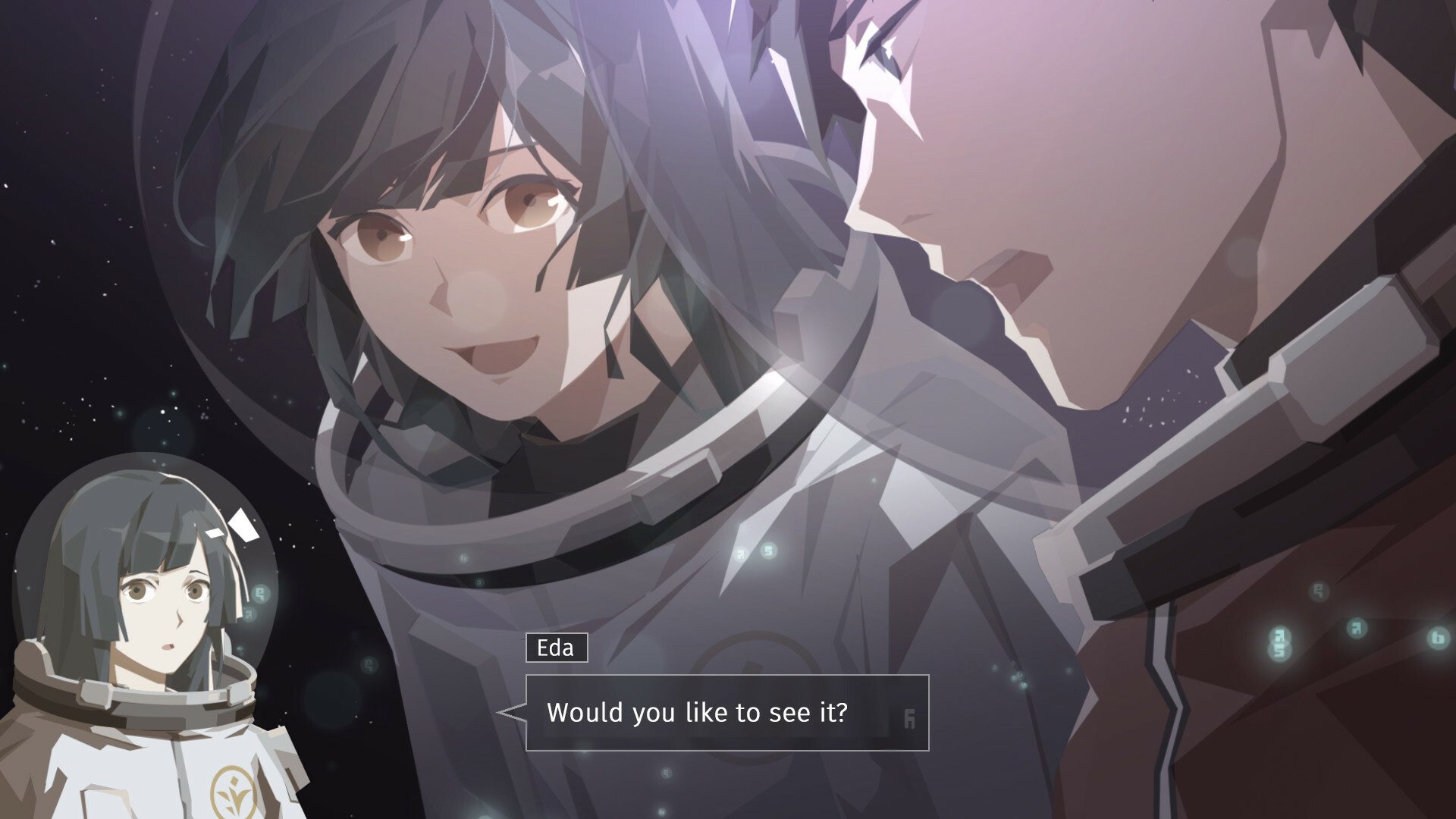
With such high praise on Starsong’s plot, it’s time to dig into the game’s mechanics. Unfortunately, things start to get a bit wobbly, as it’s one of the few games in which I don’t know how to describe it without it sounding like a bit of a mess. Sigono has taken the worst parts of a visual-novel, where there are reams and reams of text for hours upon end, smashed it together with the most simplistic 2D puzzle-platformer known to man, and wrapped it up in a horrible resource management simulator. It might sound like a bit of a car crash as each component on their own shouldn’t work, yet it does. Somehow.
The visual novel portion is your typical text heavy affair, set across beautifully crafted scenes that compliment the world nicely. The trouble is that there is a lot of text to take in, even for those well versed in the VN life. As the story progressed, it led to me having to try to remember the more minute details and while the game does store the important memories between Jun and Eda, not everything is logged or can be revisited. This did disappoint me a little, as some kind of log or decision tree would have been good to refer to so I could choose different options on a second and third playthrough. When I was in the moment though, this wasn’t too much of an issue; the story was engaging and the voice acting, despite being in Japanese (Chinese option also available) was pleasant enough to hold my attention and keep things moving at a swift pace.
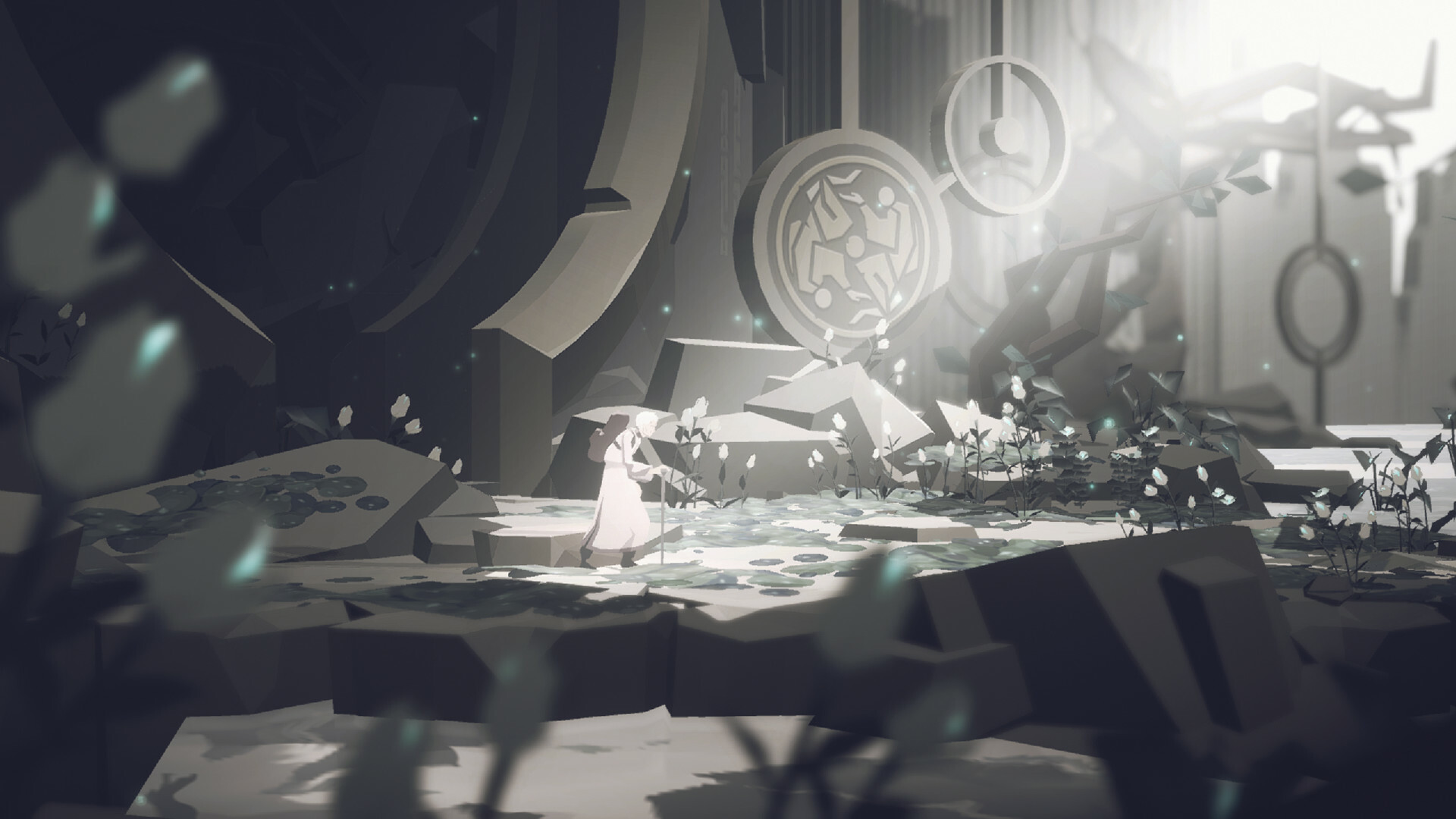
Exploring each asteroid amounted to little more than heading one way and pressing a button to collect various resources along the path and the ‘puzzles’ boiled down to selecting the correct Starsong when prompted. I felt that if the game had leaned more on the Metroid series and had multiple routes to explore, utilised the environment to solve trickier puzzles, and had some form of enemy engagement (even a basic run-and-hide mechanic), then Starsong would be much stronger than it is.
Starsong’s visuals are unfortunately as basic as the puzzles contained within. The anime-style presentation of the cutscenes and overarching story are fine, as one would expect with any VN experience. It didn’t blow me away in the same way Morgana or Bustafellows did but it is perfectly serviceable. Likewise, the 3D models that make up the gameplay elements are just fine but nothing to write home about. The environments in the game don’t fare any better, as all of the asteroids are set out in a way that reminded me of the end of Terminator 2 where John Connor is racing through the industrial plant. Despite being in space, each asteroid is draped in dull grey hues (granted splashes of vibrant greens and blues of the Lumen liquid pop out of the Switch’s screen), and it feels like the colours could have been mixed up a little better.
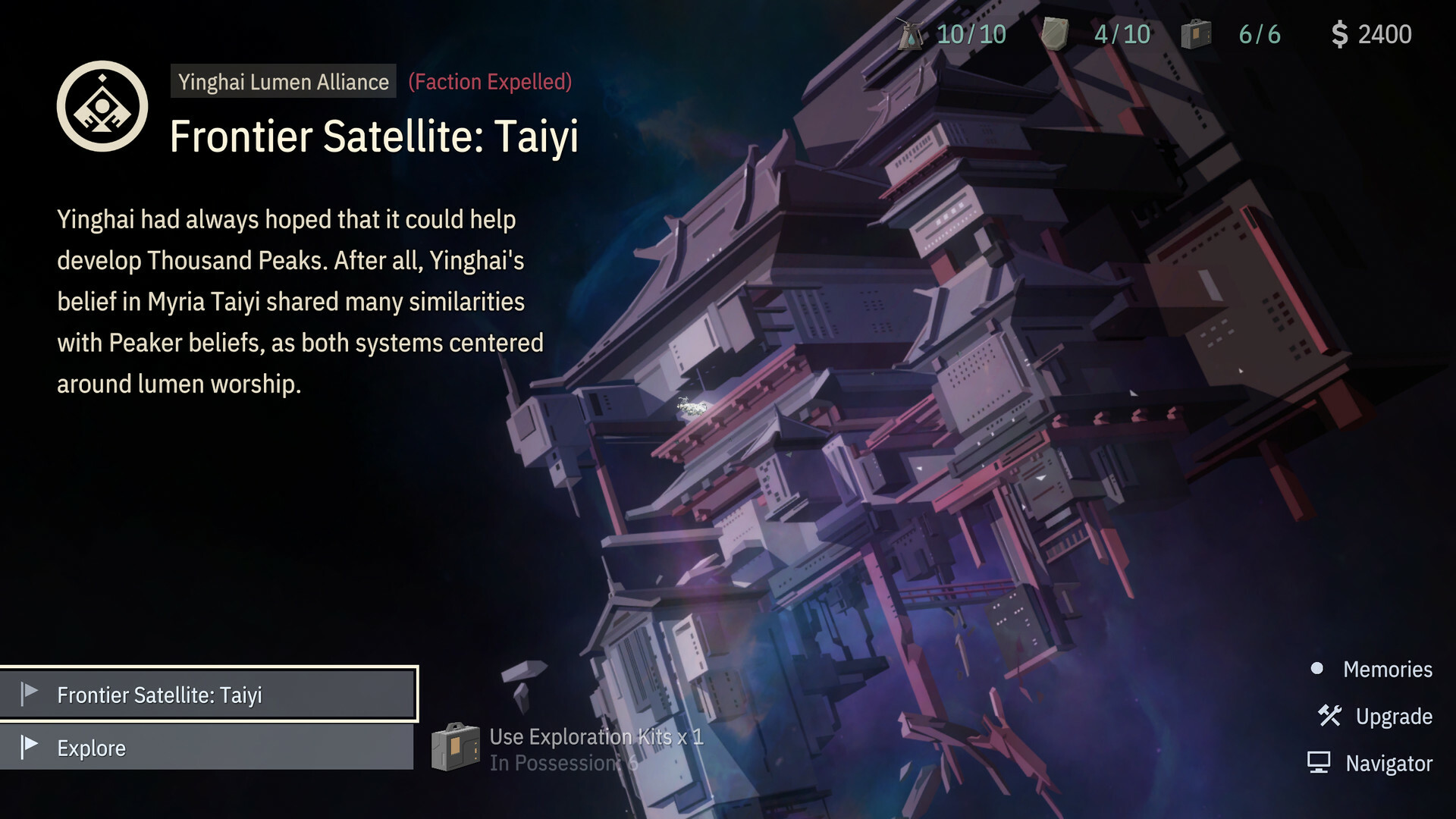
The weakest part of OPUS is exploring the vast nothingness of space, which would normally be an exciting endeavour for anyone with a keen interest in the stars. However a ham-fisted resource management system coupled with random number generated ‘battles’ sucks all the fun out exploring the galaxy like a vacuous black hole. The action takes place on a starmap, where you’re presented with a multitude of options to explore. As you hover over a section, the map will tell you how much fuel you’ll need to get there. Once you’ve confirmed where you’d like to go, the ship sets off and more often than not you’ll encounter a pirate ship where a random number generator will score the encounter. If you pass, then great you move on, and if not you’ll have some resources pilfered from your total. Having to faff about trying to secure more fuel is a cumbersome process, as it involves going through endless menus in order to find the right thing. If encounters did have to occur along the adventure, then the devs could have at least given multiple options for me to select, rather than leaving it to a dice roll.
OPUS: Echo of Starsong might not hit the mark in every area – mixing together the worst elements of a visual novel and a puzzle game might not sound like the most enthralling video game experience but it somehow just works. Sure, there are problems with some aspects of the game but sticking with Starsong will reward you with a story that, despite its fantastical setting, remains a very human affair that’s full of feeling. The story alone was enough to make me forget about the hamfisted space mechanics that plagued my time with OPUS and turn it from a game that was OK to one that is verging on great.
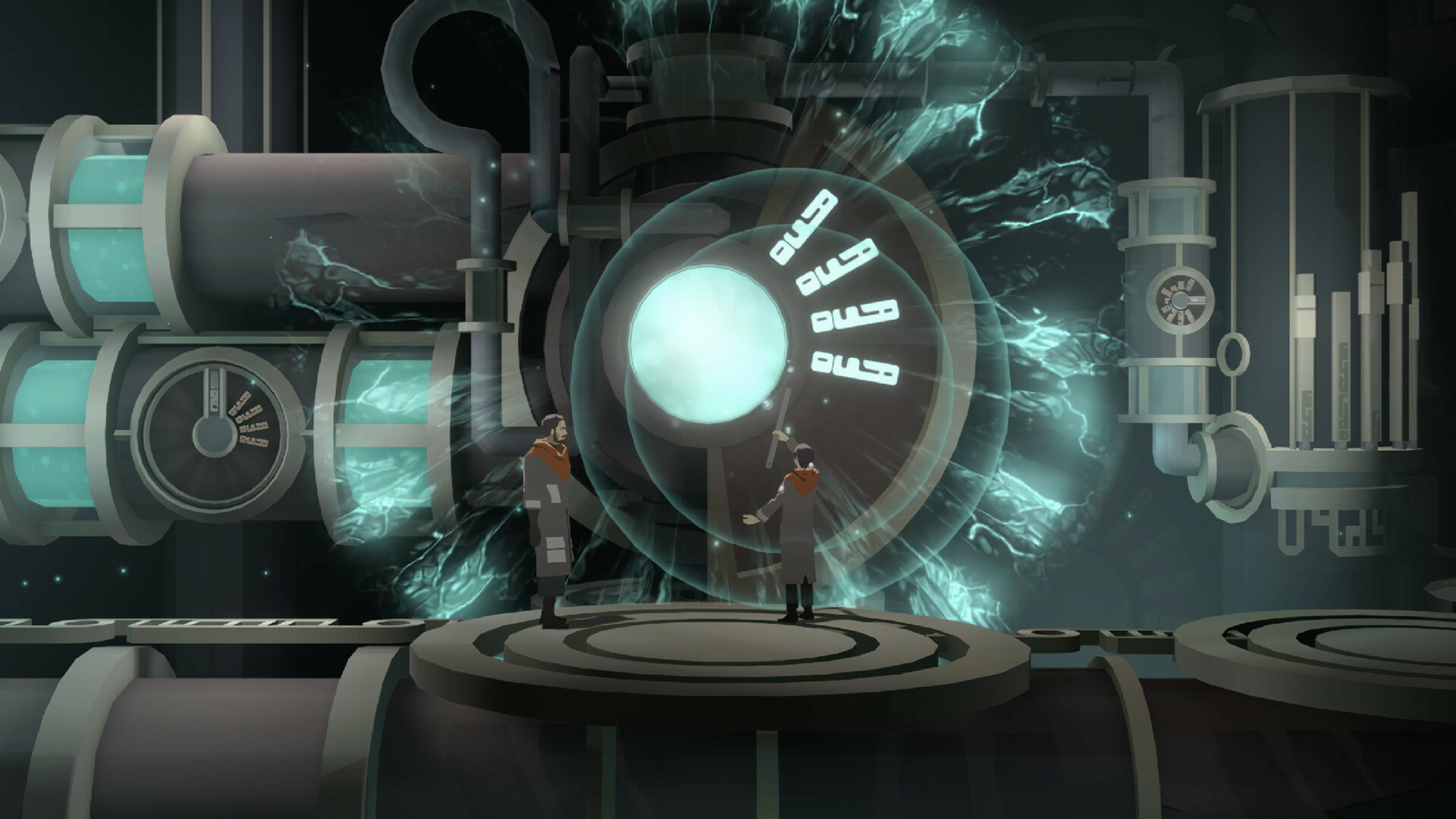
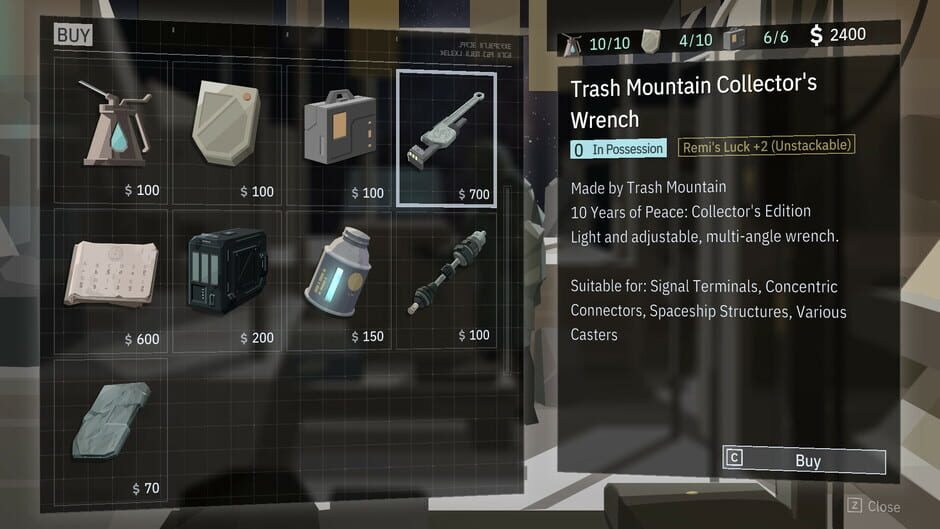

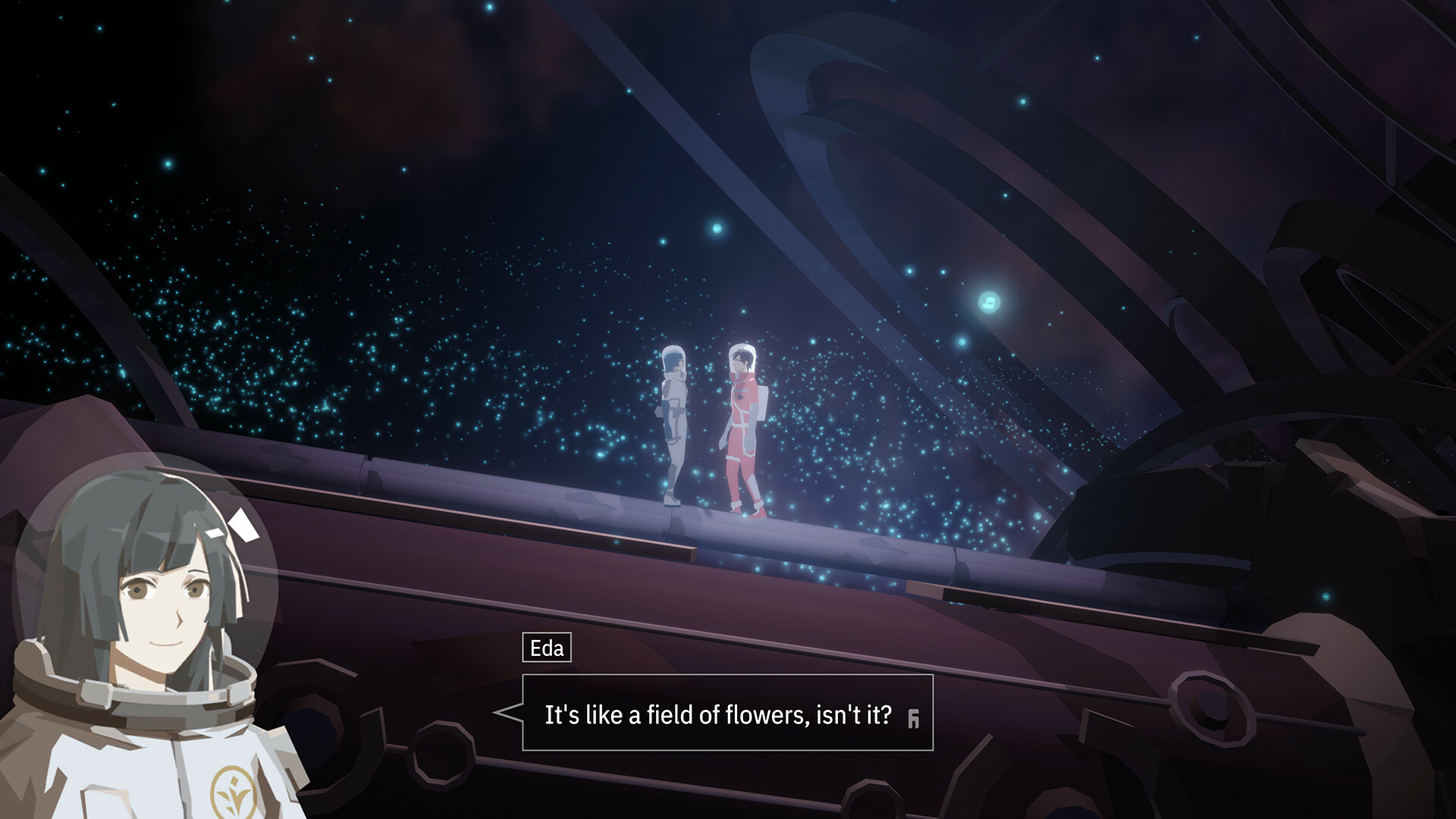

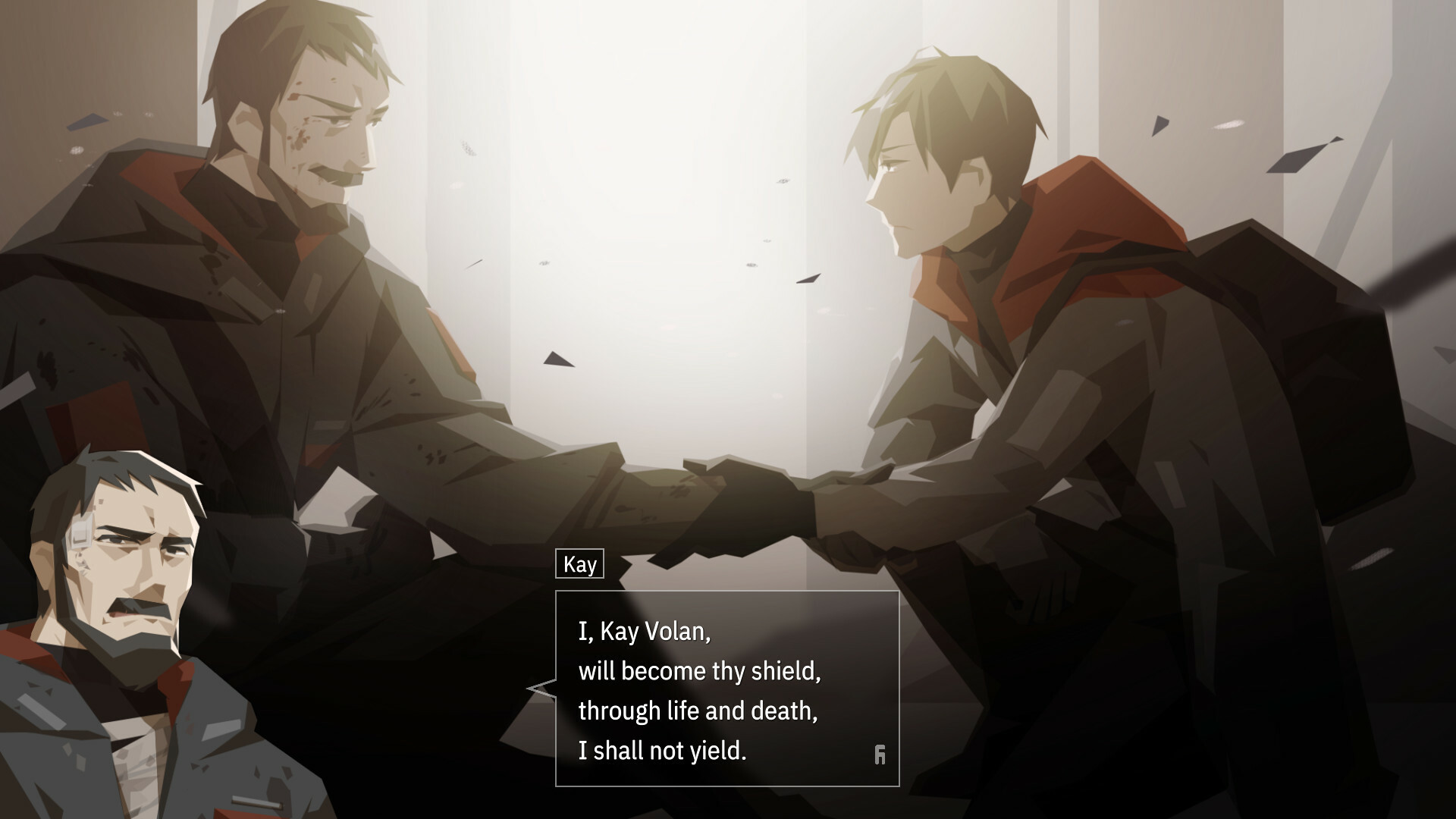
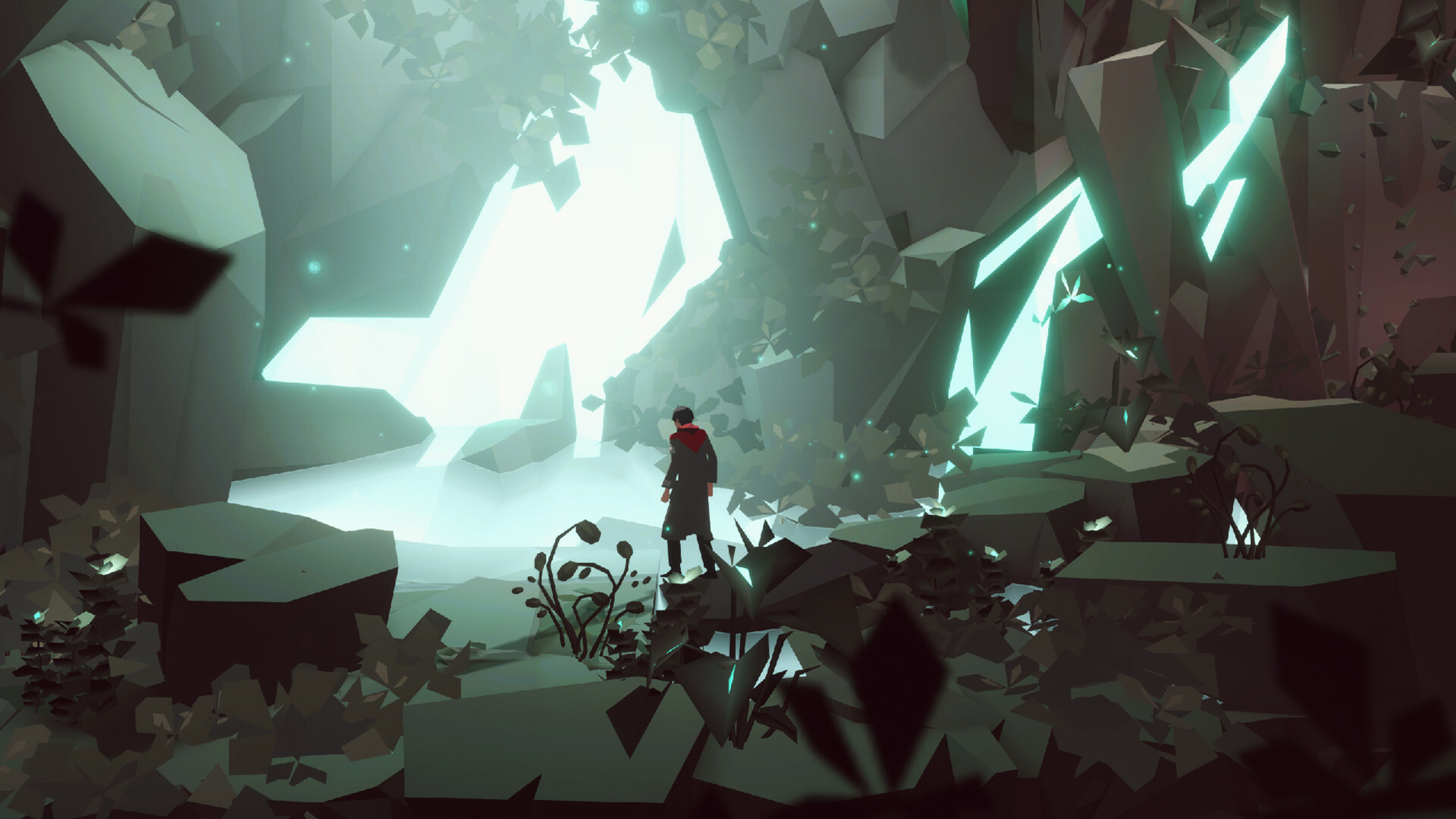

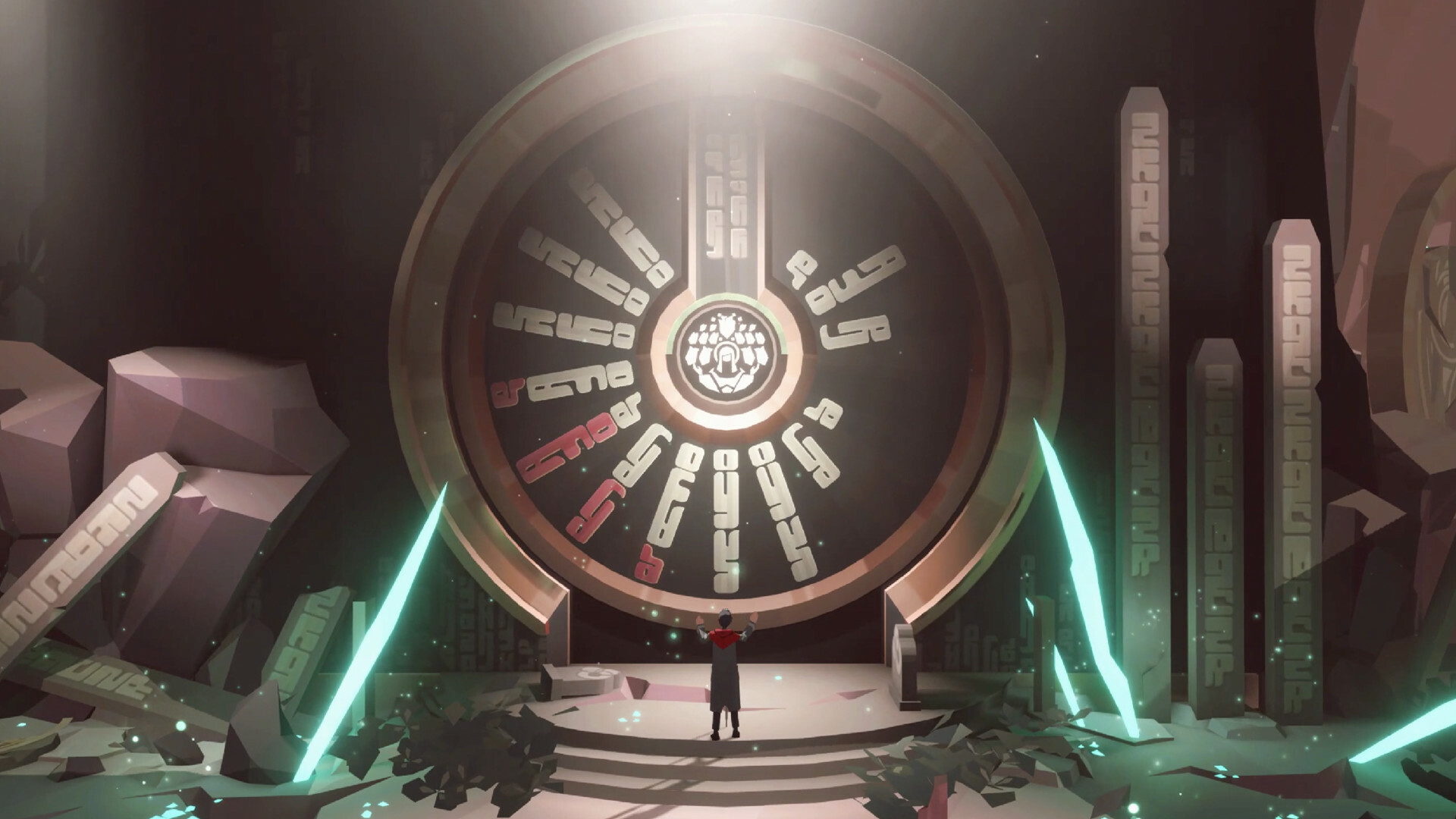
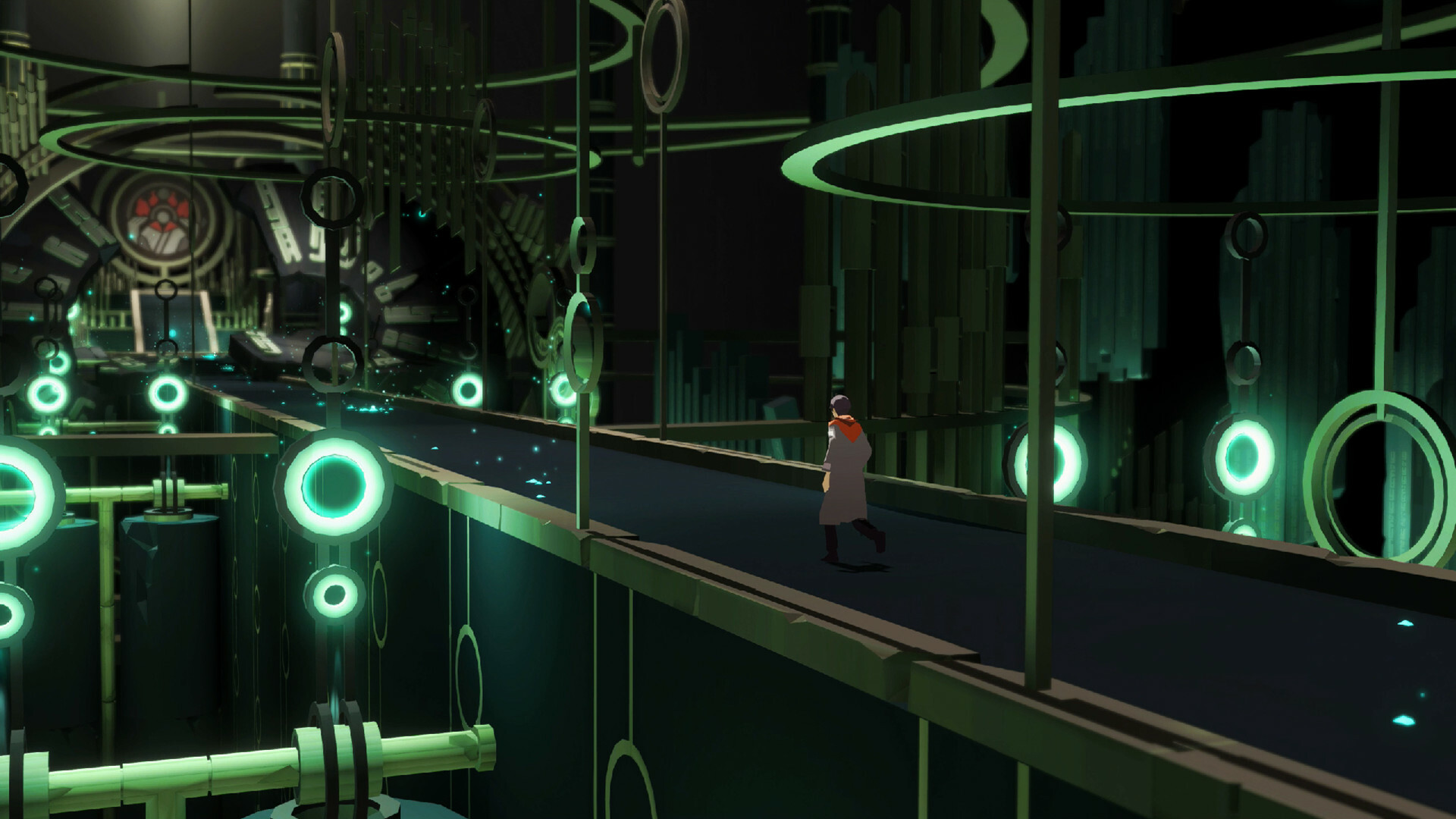
In the interest of full disclosure, VGamingNews was provided with a copy of the game in order to conduct this review.


